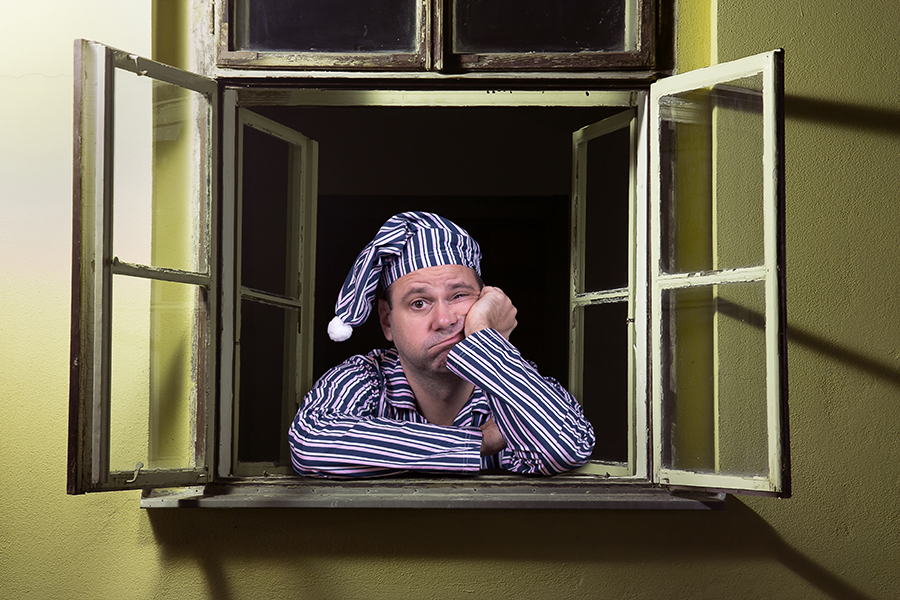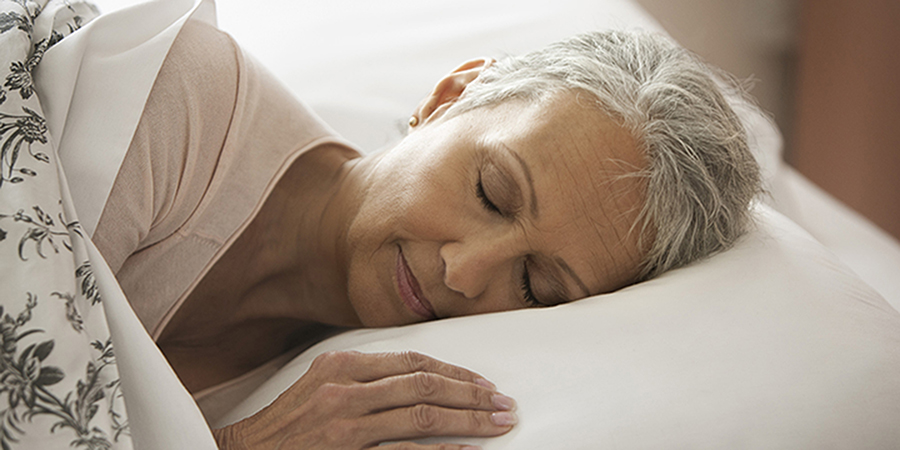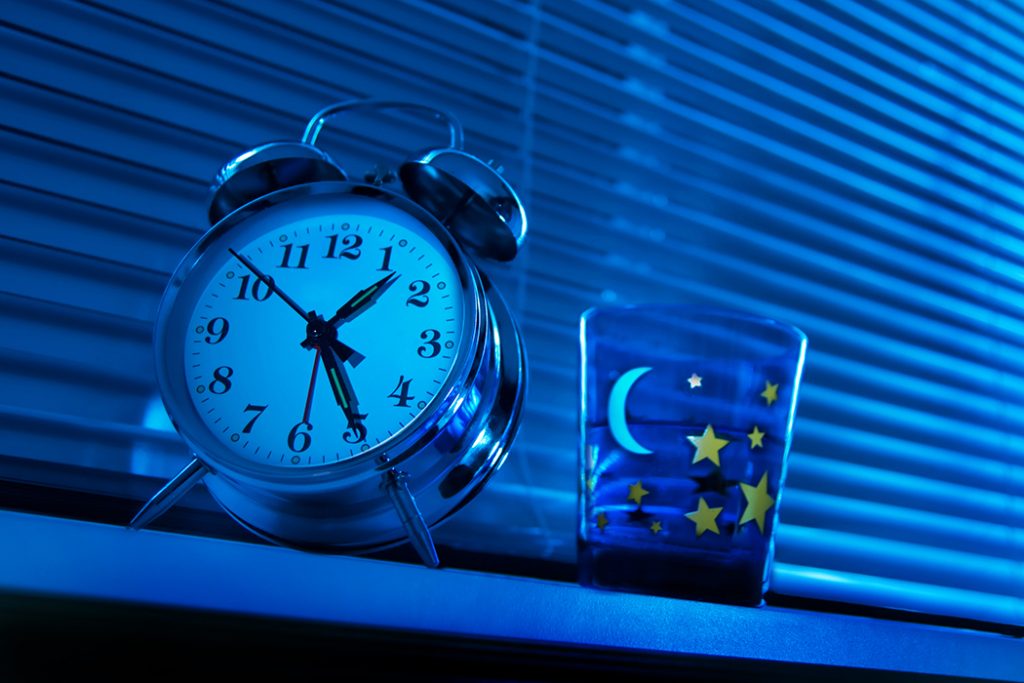Older Adults Experience Insomnia
According to the National Sleep Foundation, 44% of older persons experience one or more nighttime symptoms of insomnia several nights per week. Insomnia may be chronic (lasting over one month) or acute (lasting a few days or weeks).
Insomnia can take a toll on a person’s health. Insomnia can cause excessive daytime sleepiness, difficulty concentrating, and increased risk for accidents and illness as well as significantly reduced quality of life. Behavioral therapies and prescription medications singly or in combination are considered effective means to treat insomnia.
Research shows that sleep problems can sometimes be attributed to physical and psychiatric illnesses and the medications used to treat them. Or it may simply be too much caffeine or napping during the day. Don’t be afraid to tell your doctor about your sleep problems!
What’s Sleep Hygiene?
On average, you need about 7 to 7 ½ hours of sleep each night. Your good bedtime habits will help you sleep better. Those good bedtime habits are your sleep hygiene.
- Go to bed at the same time every night and follow a routine.
- Don’t eat a heavy meal right before bedtime.
- Keep your bedroom dark, quiet and cool.
- Avoid stimulating activity and stress before bedtime.
- Turn off screens one hour before bedtime.
- If you can’t sleep, get out of bed. Go into another room and do something relaxing till
you feel sleepy.
Medications and Insomnia
Antidepressants, corticosteroids, thyroid medicines, hormones, diuretics and blood pressure meds and some common OTC meds may contain alcohol or caffeine which can contribute to insomnia. Ask your doctor about this.
Treatments
- Keep a regular sleep schedule; no napping!
- Limit caffeine, alcohol and nicotine
- Avoid heavy, late meals
- Get regular exercise
Handling Stress at the Holidays
Too much stress particularly during the holidays can interfere with getting a good night’s sleep.
If you are experiencing the loss of a loved one, know that sadness and grief is normal and it’s OK to express these feelings.
- The holidays don’t have to be perfect.
- Lonely? Reach out to others or volunteer your time.
- Set aside your differences with others until a more appropriate time.
- Stick to a budget.
- Plan ahead. You won’t need to rush at the last minute.
- Know your limitations. Say “no” if you are tired.
- Keep your healthy habits regarding meals and exercise. Even 15 minutes of exercise reduces stress.
- Try Tai Chi for a change of pace.
- Comfort foods like warm oatmeal boosts serotonin, a calming brain chemical.
If sadness and anxiety persists, and you are unable to handle routine chores, seek professional help.
Hopefully these tips will help you avoid insomnia and be rested to enjoy the holidays with family and friends.










Comments are closed.